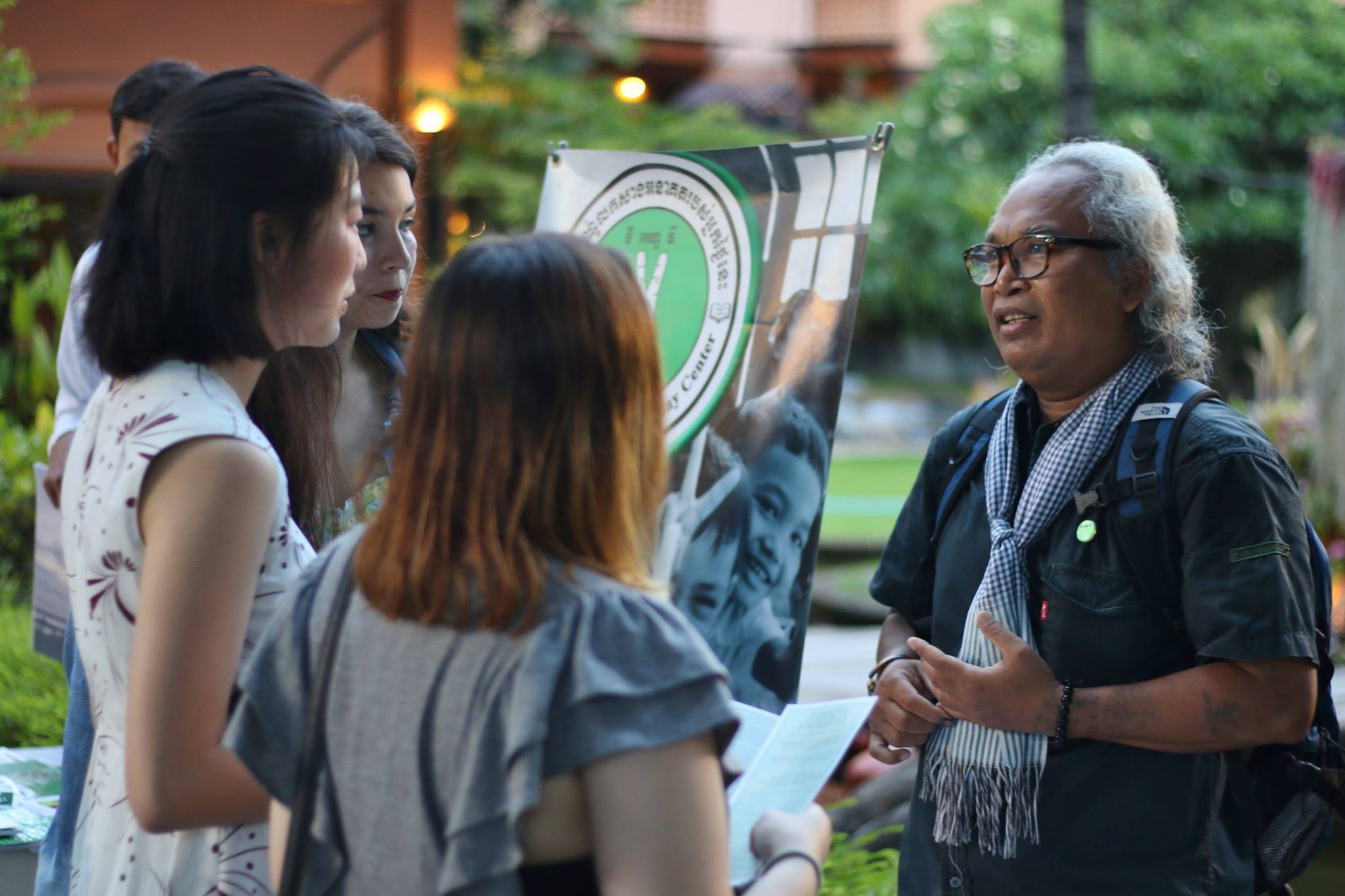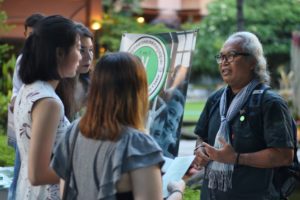This post has been co-authored by Bonnie Koenig and Alyssa Smaldino
Last year we wrote about the importance of multi-generational dialogue. We noted a number of considerations to help make these exchanges effective including: two-way dialogue; ensuring that the approach is inclusive and intersectional; strong facilitation; and all participants make a genuine commitment to listen and understand.
Recently we facilitated a workshop for nonprofit leaders to delve further into the practicalities of engaging across generations, and integrating these approaches into organizational practices and cultures.
Some of what we discussed included:
- The concept of a ‘generation’ has become fluid and often differences arise from approaches and not age per se. There can also be ‘organizational generations’ depending on how long one has been in an organization and likely to say ‘but we do it this way….’ when new ideas are suggested.
- Most of our structures (e.g. educational, workplace and religious) are built around a lecture model – there are leaders/instructors and learner/followers. We thus have to be very intentional about changing the paradigm so that our conversations and organizational cultures can be more inclusive. Otherwise we easily fall into a more hierarchical default pattern.
- Like other types of organizational change, multi-generational dialogue requires practice. According to a MRG Foundation toolkit (see below) ‘transforming organizational behavior requires group practice – repeated, systematic exercise designed to develop a new capacity.’
- Multi-generational dialogue is most effective within organizations when an intersectional, inclusive framework is applied.
- To engage senior leadership, use stories to show the need for and benefits of inclusion.
To help translate these concepts into action, we have found value in the following tips and resources. If your organization has undertaken efforts around multi-generational dialogue, or if you have additional resources to share on this topic, we would love to hear from you.
| Tips | Related Resources |
| For all generations | |
| Listen! (to understand, not just to respond) | Keith Melville, PhD, Social Change Through Multi-Generational Dialogue Paper |
| Develop targeted strategies and structures for engaging people of varying generations in your organization | Building Movements, Multigenerational Leadership |
| Build understanding of intergenerational power relationships and structures to equalize | Youth Coalition: Meaningful Youth Participation |
| Create organizational processes that encourage new behaviors and practices for multigenerational understanding | McKenzie River Gathering (MRG) Foundation, Multigenerational Toolkit |
| For more senior generations | |
| “Mentor creatively. Trust in younger generations in the way that you were trusted––or wished to have been trusted––by your elders years ago. ” | Alice Buhl, National Center for Family Philanthropy |
| Recognize that “many of today’s pressing global challenges will have a disproportionate impact on today’s youth. They can bring new energy into decision-making and current solutions. Don’t underestimate them” | Penido Monteiro, Director of the Inspirare Institute, Brazil |
| For next generations | |
| Respect the work of previous generations. Build on and acknowledge strengths of the past. | Alice Buhl, National Center for Family Philanthropy |

